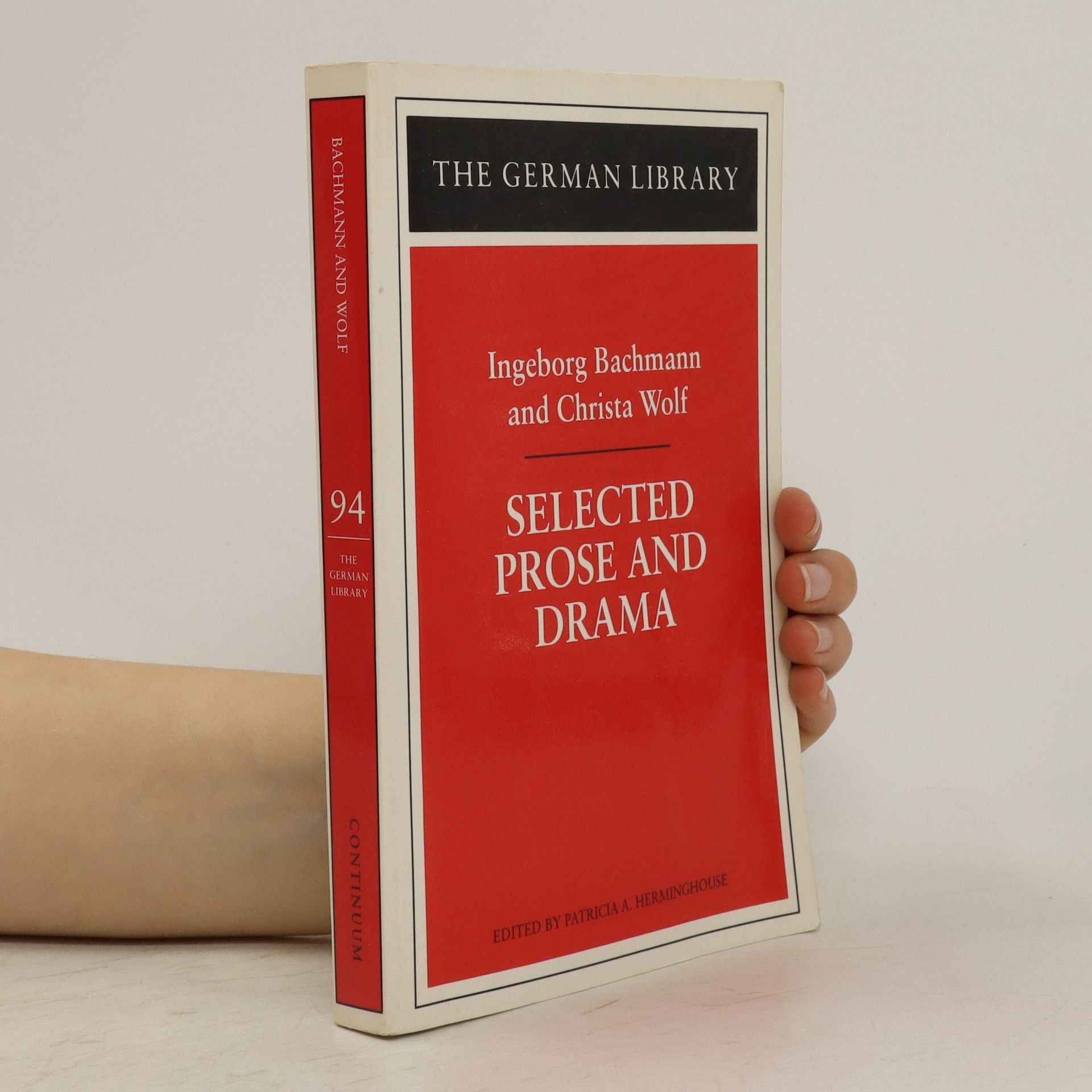Patronen van een jeugd
- 390bladzijden
- 14 uur lezen
Hoe zijn we geworden wat we zijn? Christa Wolf zoekt naar antwoorden in deze even omvangrijke als monumentale roman, haar belangrijkste boek misschien wel. In Patronen van een jeugd schrijft Christa Wolf over zichzelf, over de jaren dertig in L(andsberg), het huidige Poolse stadje G(orzów Wielkopolski). Op een gloeiendhete dag in juli reist ze erheen, met haar man, haar broer Lutz en haar dochtertje Lenka. Ze ziet de kruidenierswinkel terug die ooit van haar ouders was, het huis waarin ze opgroeide, de straten waar ze vroeger speelde. De herinneringen stormen op haar af. Er duiken gezichten op, vergeten woorden, verdrongen verbanden. Wolf reconstrueert scènes uit het familie- en schoolleven ten tijde van het fascisme tot in het kleinste detail, om haar dochter 'het afschuwelijke geheim van de mensen van deze eeuw' te verklaren. Patronen van een jeugd is de sleutel tot het hele oeuvre van Wolf.





